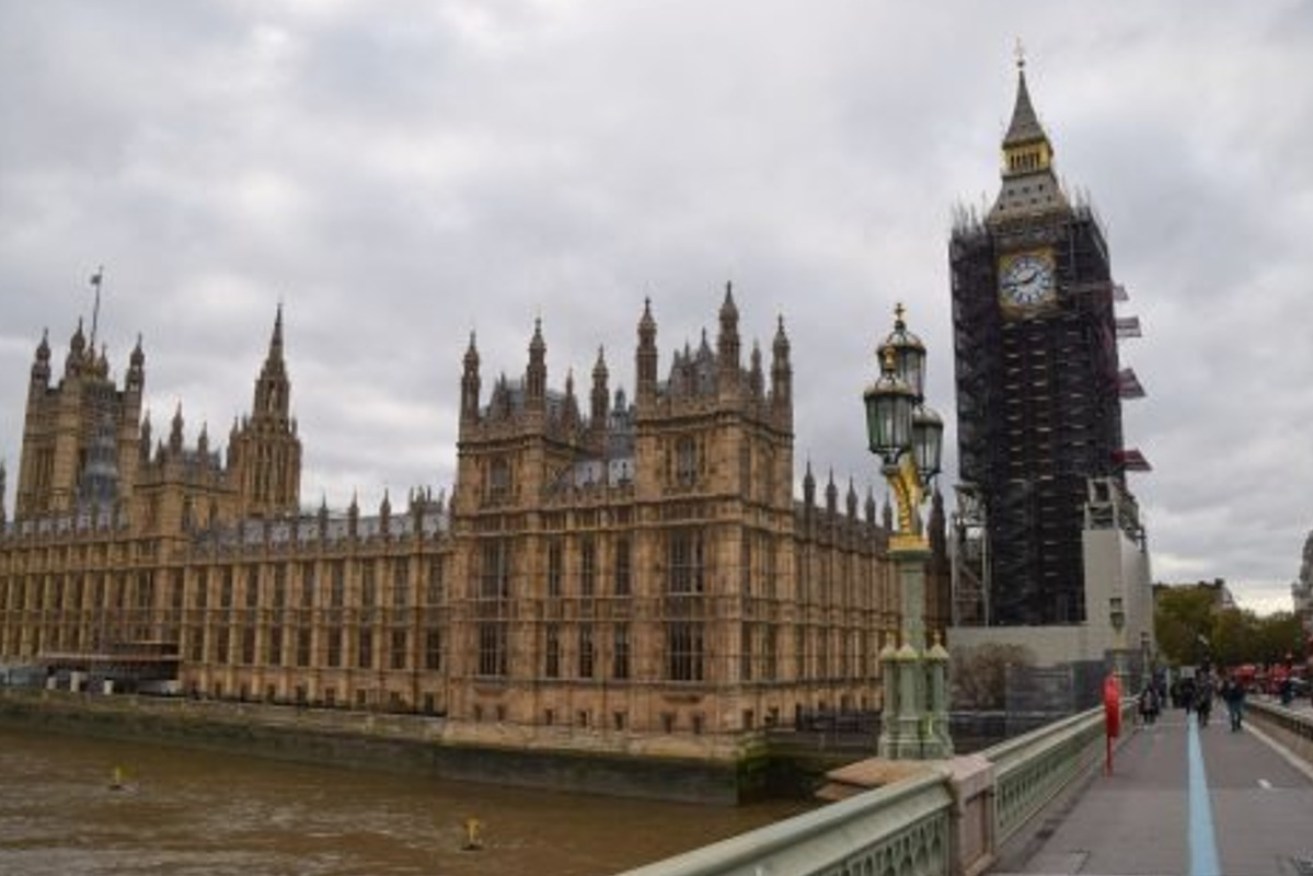The UK economy went into recession last year
Britain’s economy fell into a recession in the second half of 2023, a tough backdrop for Prime Minister Rishi Sunak who has promised to boost growth ahead of an expected 2024 election.

Britain's economy has been stagnating and fell into recession in the last half of 2023. Photo: AAP
The Office for National Statistics (ONS) said gross domestic product (GDP) contracted by a worse-than-expected 0.3 per cent in the three months to December having shrunk by 0.1 per cent between July and September.
The fall in GDP in the fourth quarter was the biggest since the first quarter of 2021, the ONS said.
Britain’s economy has been stagnating for nearly two years. The Bank of England has said it expects it to pick up slightly in 2024.
“Businesses were already under no illusion about the difficulties they face, and this news will no doubt ring alarm bells for government,” Alex Veitch, director of policy and insight at the British Chambers of Commerce, said.
“The chancellor must use his budget in just under three weeks’ time to set out a clear pathway for firms and the economy to grow.”
Finance minister Jeremy Hunt said there were “signs the British economy is turning a corner” and “we must stick to the plan – cutting taxes on work and business to build a stronger economy”.
Media reports said Hunt was seeking to cut billions of pounds from public spending plans to fund pre-election tax cuts in his March 6 budget, if penned in by tight finances.
Economic output fell by 0.1 per cent in monthly terms in December after 0.2 per cent growth in November, the ONS said.
Sterling weakened moderately against the US dollar and the euro shortly after the GDP data release.
The ONS said the manufacturing, construction and wholesale sectors were the largest contributors to the decrease in GDP.
– AAP




